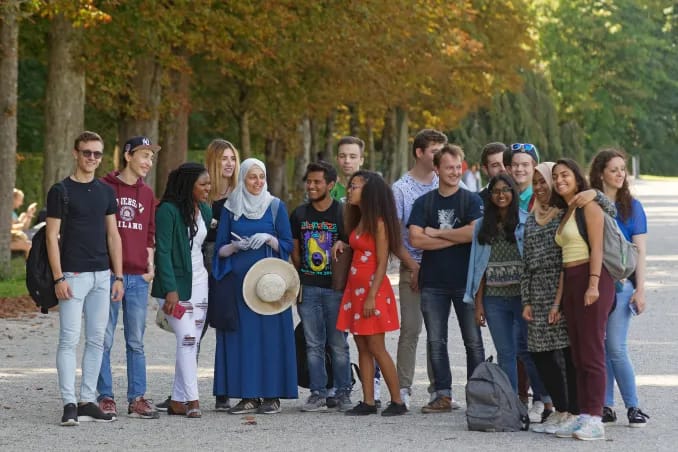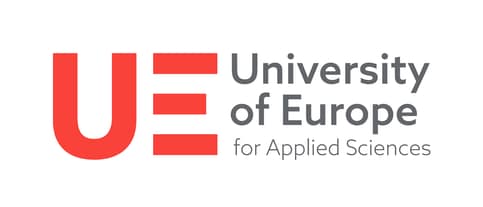Study In Germany
Top Reasons to study in Germany




Public Universities
Everyone can study in Germany tuition-free! That’s right: Germans and all other nationalities can study in Germany free of charge – without tuition fees. This applies to almost all study programmes at public universities. There are around 450 public universities and higher education institutions that offer over 17,500 majors – including bachelor’s and master’s degrees as well as doctoral programs.
Some of the largest public universities include:
• Technische Universität München (TUM)
• Humboldt University of Berlin
• University of Cologne
• Ludwig Maximilians University Munich (LMU)
• RWTH Aachen University
High Academic Standards
“Made in Germany” is recognized as a seal of quality the world over, and a degree from a German university is accepted internationally and employers around the world are always glad to see graduates from German institutions.
Private universities
Most of the private universities differentiate from the public sector to a much higher extent and are innovative in many different ways. Distance Learning programs are one of these formats, enabling people who cannot afford to study full-time on campus to earn an academic degree.
Together with dual studies,which combine academic teaching with practical experience and other types of extra-occupational part-time programmes, private universities are contributing massively to the expansion of student numbers in Germany.
They often address students who did not follow the traditional path to university and offer opportunities to target groups which cannot be reached by the traditional German universities.
Post-Study Work Visa For 18 Months
Canada is a vast country filled with nature’s abundance. The scenic beauty and wildlife make it ideal for someone who likes to travel and experience nature. Vibrant cities equipped with excellent living standards, infrastructure, and job opportunities make it much sought-after among international students.




